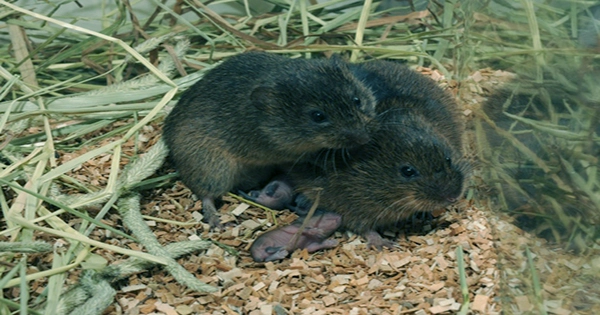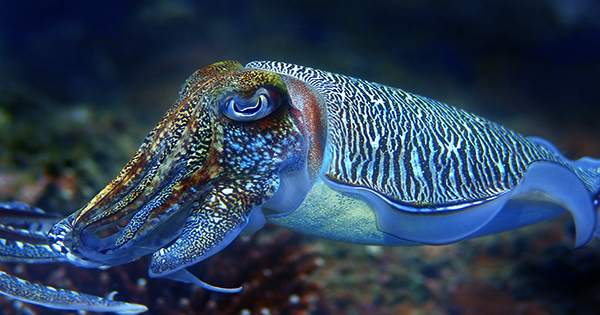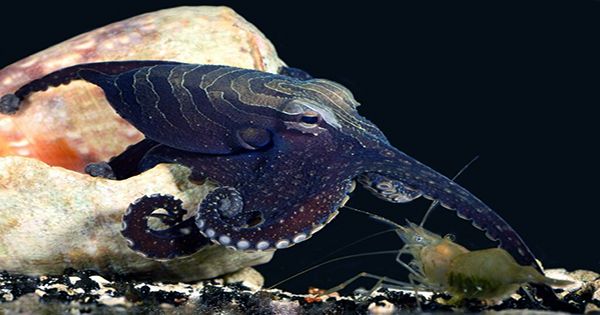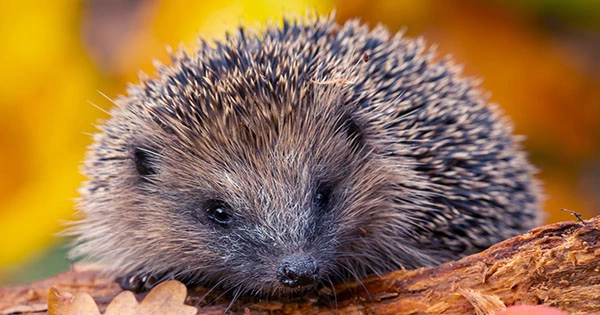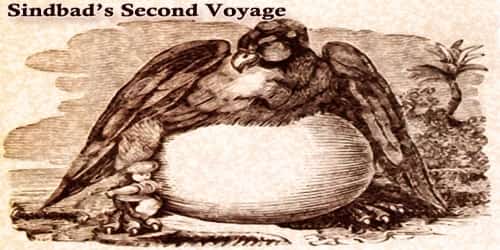More than one hormone is involved in love. The crucial function of oxytocin, the so-called “love hormone,” in social bonding is being questioned by a new study.
According to a new study published in the peer-reviewed journal Neuron, prairie voles born without the ability to react to oxytocin were nonetheless able to build close relationships with their partners and young pups.
Nirao Shah, the study’s author, said to Quirks & Quarks host Bob McDonald, “Oxytocin may be an essential player, but it’s not the only game in town.”
Prairie voles have been a major focus of studies on the role of oxytocin in pair bonding. They are among the few mammals that maintain long-term, exclusive relationships, raise their offspring together, and even express grief upon the death of their partners, just like people do. And many of these behaviors, in both humans and voles, have been attributed to the hormone oxytocin.
Researchers have previously used medications to block the oxytocin receptor, a sort of molecular door that allows the hormone to enter, to study what would occur if the signal from oxytocin was disturbed in the voles’ brains. The outcomes were disastrous: The rodents failed to mate, and those that did so abandoned their litters, causing the young to starve to death.
The “door” for oxytocin was blocked by the Stanford University research team, so they wanted to test what would happen if the voles were born with brains that didn’t have that door in the first place. The oxytocin receptor was removed from vole embryos using the CRISPR gene editing technology.
According to Shah, a professor of psychiatry, neurobiology, and obstetrics and gynecology at Stanford University, “the advantage with genetics, especially the CRISPR technology being used, is that its sort of molecular scissors that only makes the changes in the oxytocin receptor pathway and nowhere else.”
The voles’ interactions with other voles and rodents with intact oxytocin receptor systems were subsequently observed. The investigators specifically searched for behaviors associated with pair bonding. These behaviors included huddling, in which the voles cling to their partners for an extended period of time, as well as the voles’ blatant preference for spending time with their selected partners over other rodents.
Scientists were astounded by the findings.
“To our surprise, these animals that were completely lacking oxytocin receptor showed, for all intents and purposes, perfectly normal social attachment behaviours,” Shah said.
According to study co-author and University of California, San Francisco psychiatric researcher Devanand Manoli, “the voles revealed a very substantial social bond with their sexual partner, as strong as their normal counterparts, regardless of how many various ways we tried to evaluate this.”
Additionally, voles lacking an oxytocin receptor proved to be effective parents, caring for their small litters of pups until weaning.
Love finds a way: According to Larry Young, a professor in the department of psychiatry at Emory University in Atlanta who was not a member of the research team for this study, these findings provide a window into how oxytocin modifies the brain systems responsible for social behavior. As part of his research at the Silvio O. Conte Center for Oxytocin and Social Cognition at Emory University, Young has researched the function of oxytocin and vasopressin in social bonding and empathy in prairie voles in great detail.
“It does imply that oxytocin is altering the brain circuitry in some way,” he said in a phone interview with Quirks & Quarks. “Your circuitry depends on it if you are born with it because of the way it is built. However, if the animals are born without any receptors, their circuitry or other genes have undergone some kind of adaptation that enables them to recognize social interactions in the absence of oxytocin.”
Young used the comparison of an orchestra being led by a conductor; if the conductor were to abruptly go, the music might not be in time. However, a street band that is practicing without any sort of conductor can still produce excellent music.
“I think oxytocin is being the conductor,” Young said.
When it comes to social bonding in the prairie voles born without oxytocin receptors, Shah suggested that other brain mechanisms may be in operation.
“Even without oxytocin, other hormone signaling pathways might still function properly. Therefore, even if you block one pathway, the other one will still be active and can still help you exhibit typical social behavior “explained he.
Another option is that the voles evolved an alternative method of processing oxytocin to make up for the lost receptors since they were born without them, unlike rodents from earlier experiments whose receptors were drug-blocked.
These discoveries contribute to a better understanding of how oxytocin and other hormones influence both human and vole behavior. Previous studies investigated the use of oxytocin in the therapy of social cognitive deficits, such as schizophrenia or autism spectrum disorders. However, Shah contends that the current study necessitates a more nuanced strategy.
“Even while oxytocin may be crucial, simply restoring or increasing oxytocin levels does not grant you the power to miraculously bond,” said Shah.
“Therefore, our knowledge needs to be more sophisticated; we need to find other participants or alternative routes for oxytocin signaling.”
